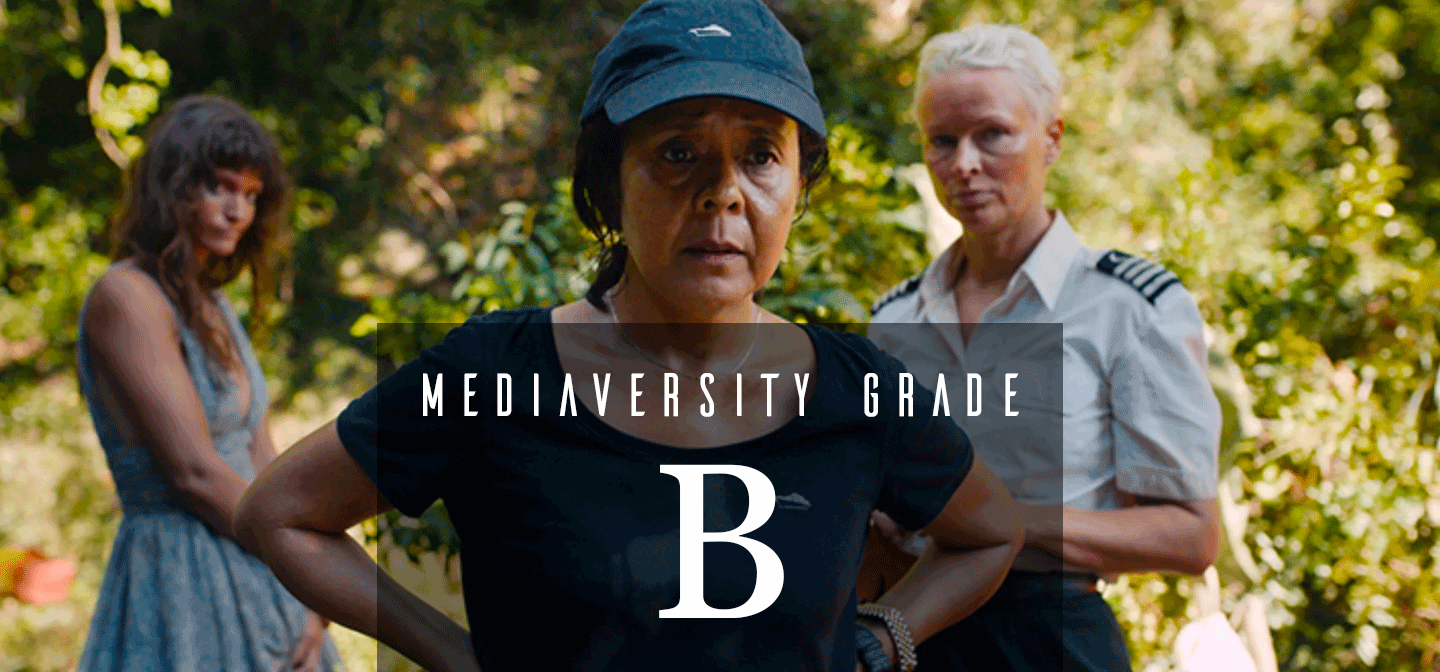Poor Things
“It’s disappointing to see the talented actors of color in Poor Things given so little to do.”
Title: Poor Things (2023)
Director: Yorgos Lanthimos 👨🏼🇬🇷
Writers: Tony McNamara 👨🏼🇦🇺 based on the book by Alasdair Gray 👨🏼🏴
Reviewed by Ro Moore 👩🏾🇺🇸
—SPOILERS AHEAD—
Technical: 3.75/5
In Yorgos Lanthimos’ Poor Things, Bella Baxter (Emma Stone) is a young woman resurrected by a mad scientist named Dr. Godwin Baxter (Willem Dafoe). Adapted from Alasdair Gray’s 1992 novel, this twisted coming-of-age fable takes big swings at the patriarchy and has biting commentary on classism, pleasure, agency, and hypocrisy. The Victorian sci-fi story begins with Bella mentally the age of a precocious toddler, despite looking like an adult woman, with hired medical student Max McCandles (Ramy Youssef) documenting her progress while the paternalistic Godwin, or “God,” provides for Bella’s every need—except her desire to go out into the city, that is. Intrigued with the stunning Bella, who takes on an interesting mix of pragmatism and naiveté as she mentally ages, Max eventually agrees to keep God’s secret in exchange for Bella’s hand in marriage. Plans go awry as the endlessly curious Bella pushes to see more of the world, and when a roguish lawyer offers to take her away, Bella convinces God to let her have her adventure. What follows is Stone, on her A-game, leading a notable ensemble on an unhinged, free-wheeling odyssey packed with stellar performances.
If you’re familiar with the work of Lanthimos (The Favourite, The Killing of a Sacred Deer) then it’ll come as no surprise that Poor Things is a genre mashup, part salacious sex romp and part gender-bent companion piece to Mary Shelley’s Frankenstein playing out in a steampunk wonderland. Lanthimos sharply navigates the film’s subversive themes by egging on his adept actors rather than reeling them in. Thankfully, Tony McNamara’s screenplay turns a tangled multi-point-of-view novel into something more linear without losing the complexity of its source material. Each personality leans into, and feeds off of, the absurdity of the others. There’s a constant, if demented, humor constantly underpinning this off-kilter journey that makes watching Bella’s determination to chart her own path so interesting. Lanthimos' direction pushes tropes to the cliff’s edge, choosing to topple some and doubling down on others. But by the same token, the narrative’s sometimes bizarre plot shenanigans may not work for everyone.
Gender: 3.75/5
Does it pass the Bechdel Test? YES
For the most part, Poor Things showcases women who feel real, if slightly exaggerated. Stone’s Bella grows from wide-eyed and unsophisticated to savvy and self-aware. She unapologetically seeks her own pleasure, both carnal and intellectual, regardless of how people think she should behave. The women she encounters along the way offer companionship, insight, and at turns, exploitive mentorship. Each character arc may be short but centers a sense of agency and feminine will. Even the maid, Mrs. Prim (Vicki Pepperdine), has a few moments of attitude and personality. Where Poor Things falls short, however, is in tying Bella’s development with a sexual awakening.
On the surface, she gets screen time and an empowering story, but the film’s emphasis on Bella’s sex drive—such as using her discovery of self-pleasure as the catalyst for her curiosity about the wider world—feels limiting, parsed through a male lens. Stone’s performance makes up some ground, but not enough to avoid the sneaking feeling of men playing puppeteers to a “strong female lead.” But overall, Poor Things relies on its women to poke at tropes, such as those around romantic love or feminist ideals, and also dedicates space to issues like intimate-partner violence.
Race: 2.5/5
Though the worldbuilding is vibrant and superficially diverse, Poor Things’ colorblind writing leaves its characters of color flat. For example, the most prominent among them—Youssef’s Max—gets scorn from his classmates for being on scholarship. But with only vague references to his social status, the film leaves an elephant in the room as white characters bully their only non-white classmate. The script never addresses the role that race plays in Max’s ostracism or his willingness to go along with God’s plan. Ultimately, he has little depth, becoming the stereotypical “long-suffering” love interest who supports the white protagonist through her rights and wrongs.
Other characters of color appear in smaller roles, all designed to push Bella’s moral development along. Harry Astley (Jerrod Carmichael), a self-proclaimed cynic and a Black man, befriends Bella on a ship sailing towards Greece. He uses the ship’s amenities and mingles with white guests without incident, making it clear this story takes place in an alternate Victorian world. And in a French brothel, Bella develops a friendship with a Black sex worker named Toinette (Suzy Bemba) who encourages Bella to embrace more radical ideas about sexual agency and worker’s empowerment. It’s disappointing to see such talented actors given so little to do, as the script awkwardly skirts around topics of race and poverty.
Bonus for LGBTQ: +0.50
Bella’s relationship with Toinette becomes intimate over time. There’s a lack of reservation in showing nudity and sex all throughout Poor Things, but the female/female onscreen coupling is the opposite of salacious. The difference in how Lanthimos builds their relationship and emotional ties, versus Bella’s indiscriminate sexual encounters with men, makes for pointed commentary about desire, sexual freedom, and respect. Poor Things doesn’t get full points for LGBTQ representation because it interrupts the story arc without coming full circle, but the film’s queer characters are more than throwaways.
Mediaversity Grade: B- 3.50/5
Poor Things ambitiously blends Shelley’s Frankenstein with a steampunk aesthetic and an Eliza Doolittle-esque transformation into a fantastical tale of self-discovery that’s full of wit, whimsy, and just the right amount of the macabre.




